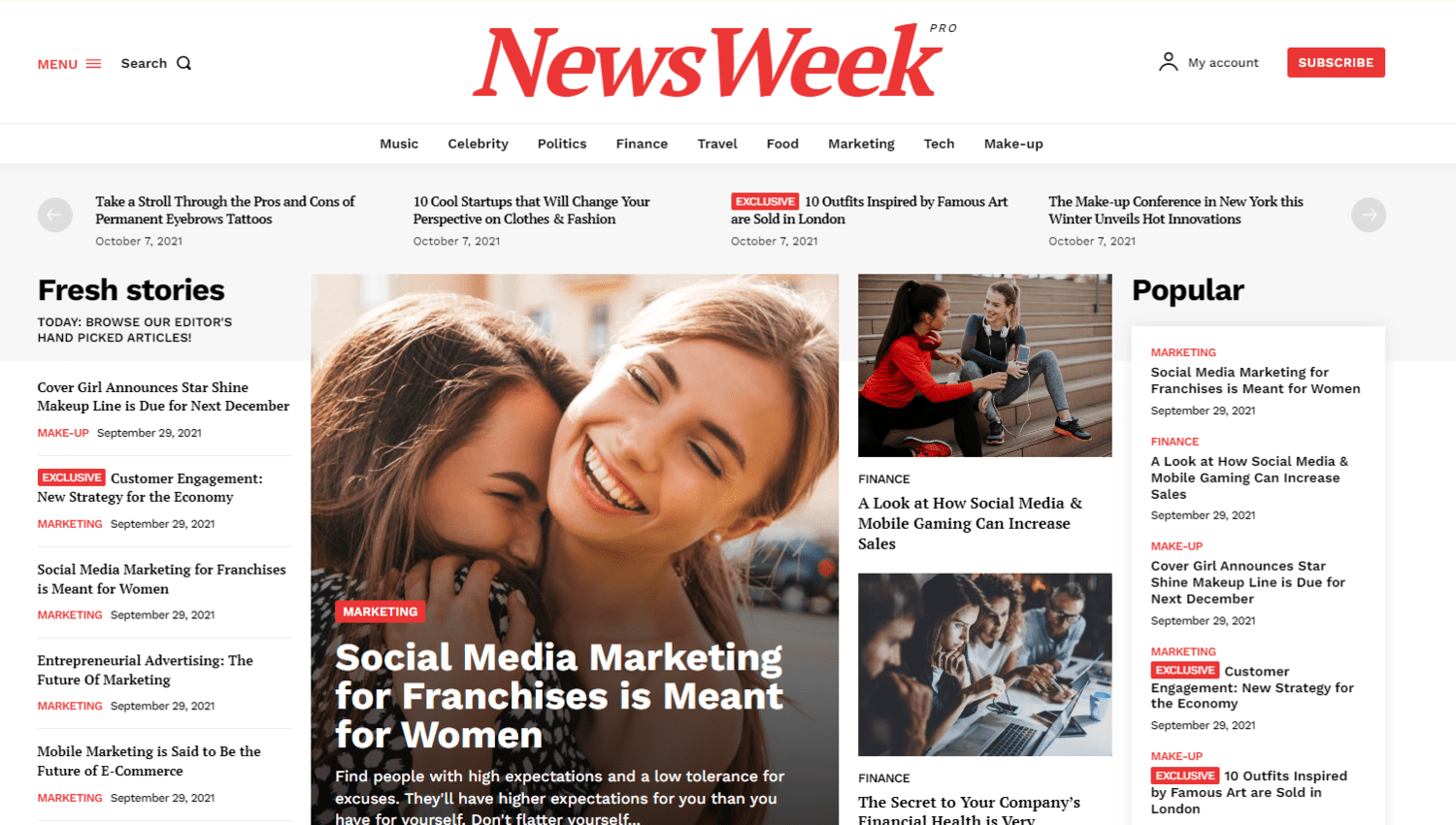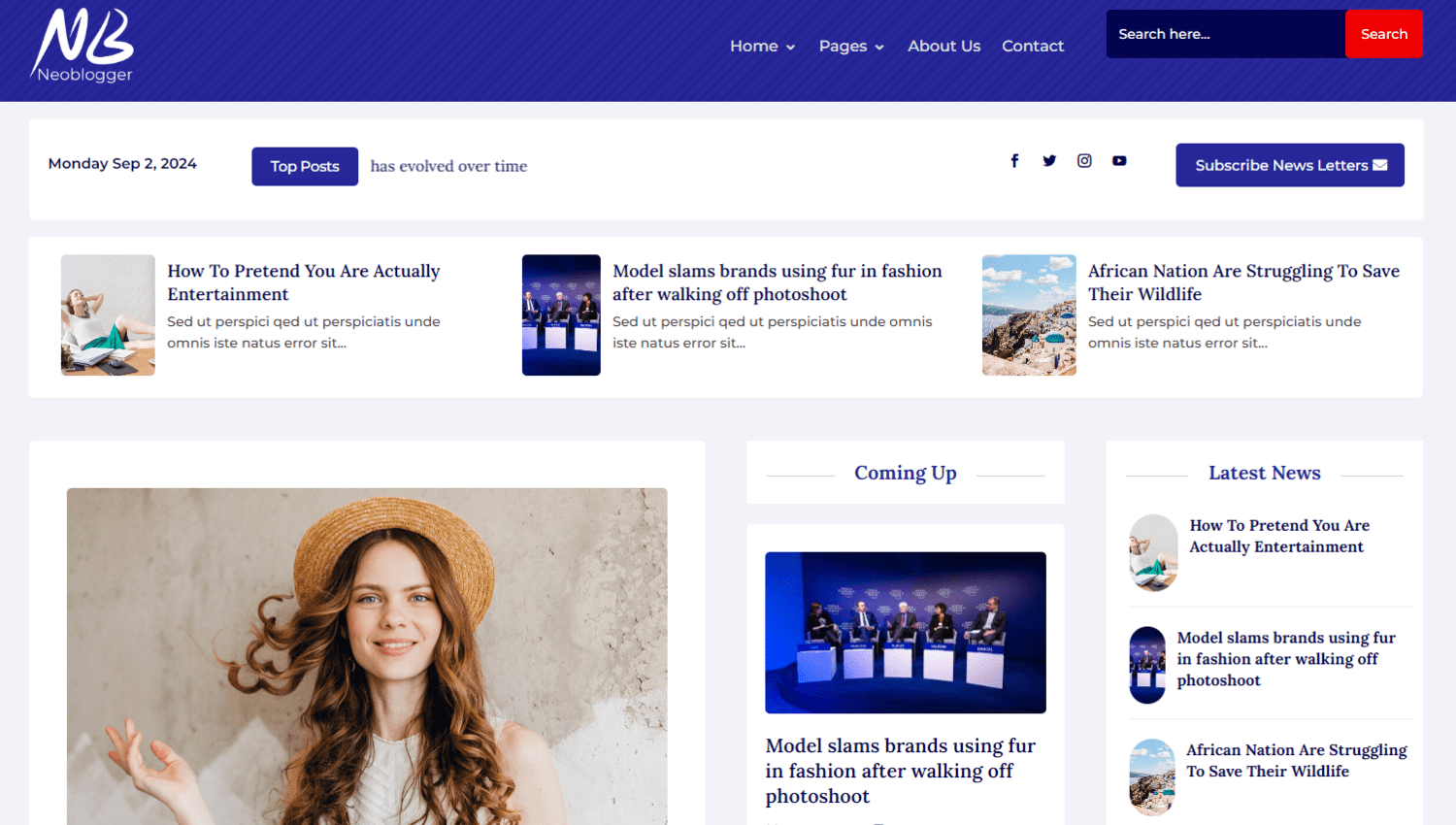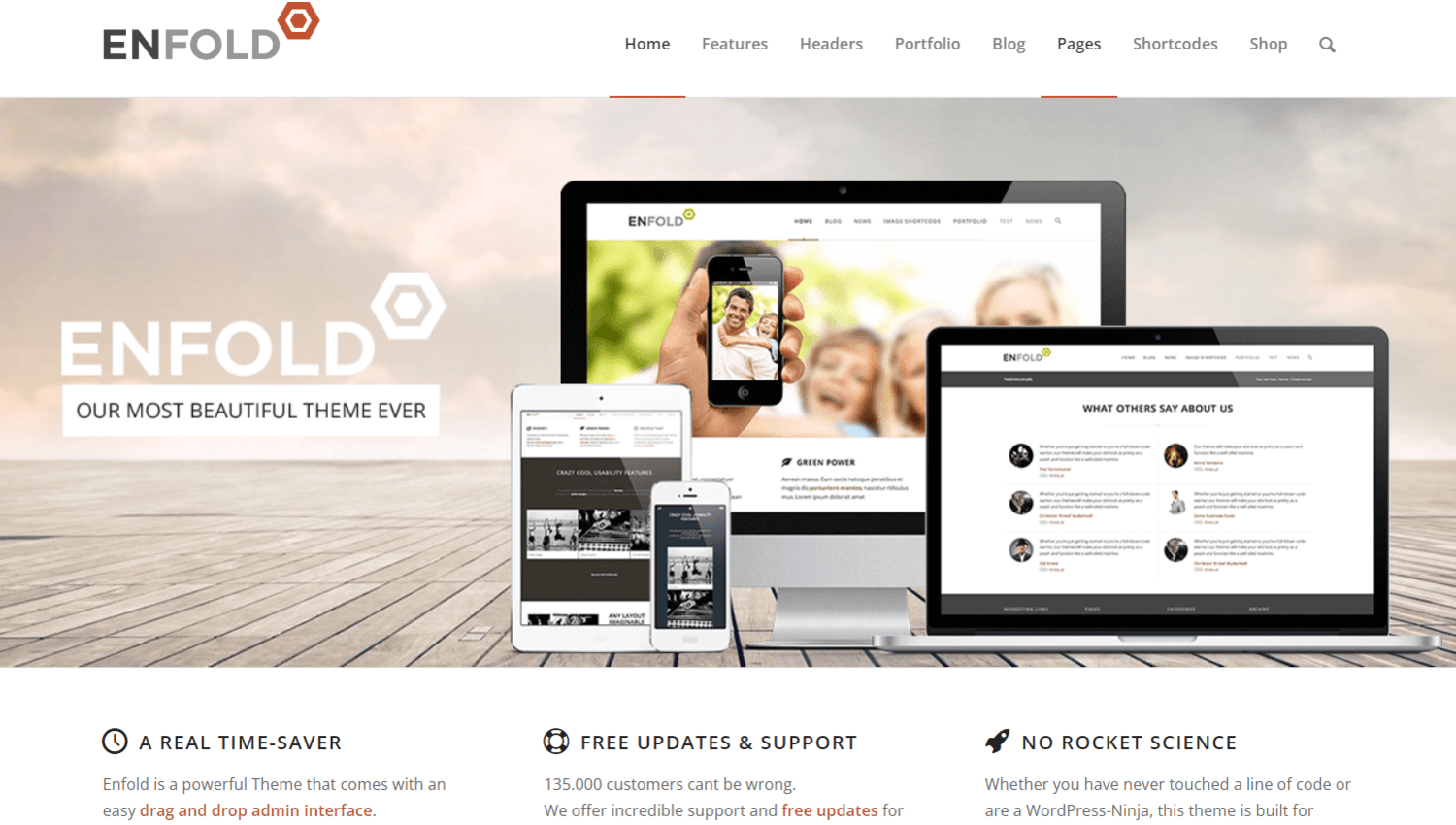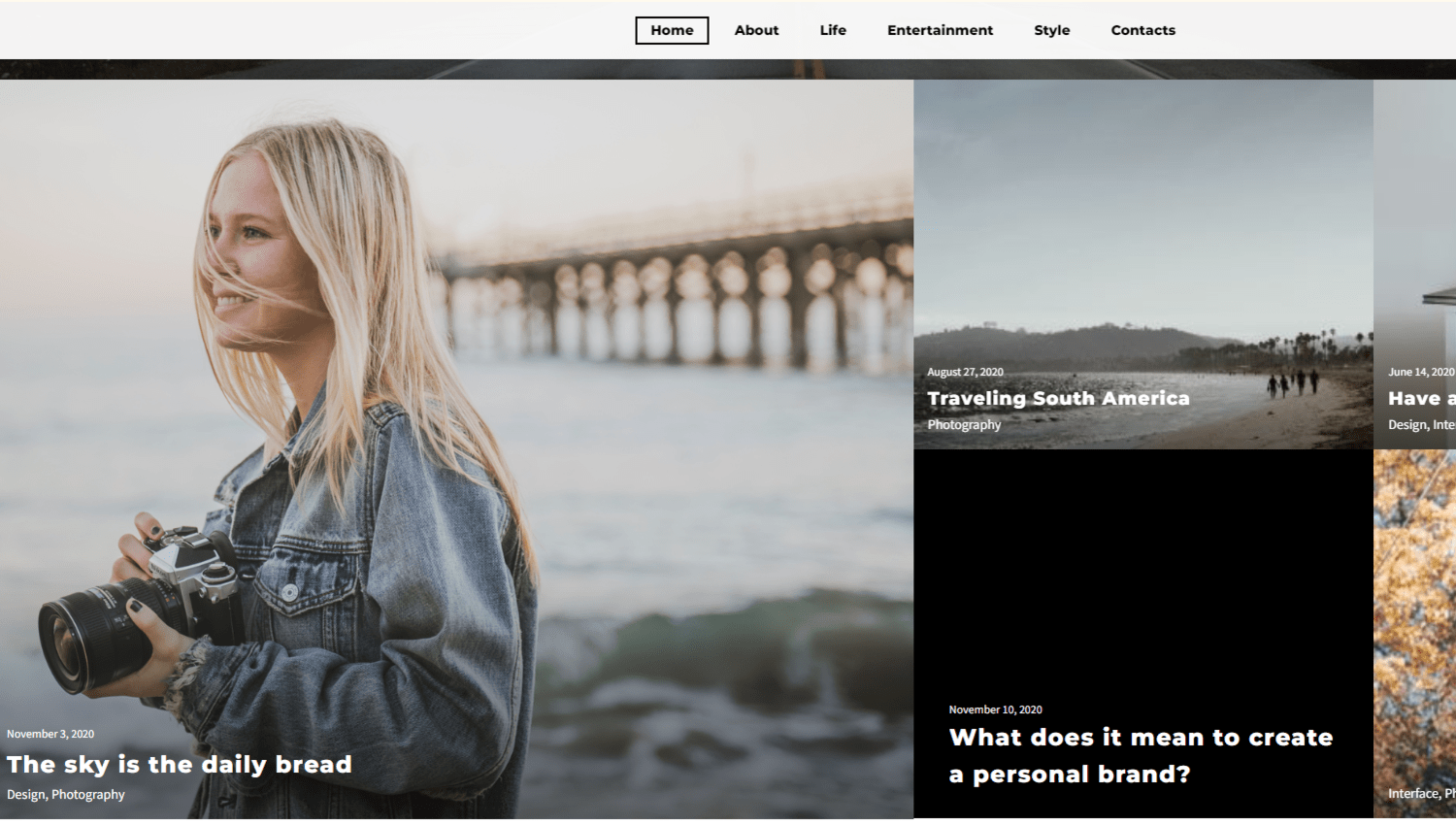






What Are Informational Websites?
Informational websites are designed to provide users with valuable information on a range of topics. These sites focus on delivering content rather than selling products or services. Their primary goal is to inform, educate, and engage users by presenting information in a structured and accessible manner.
Objectives of Informational Websites:
Educate and Inform: These websites aim to educate visitors on various subjects by providing detailed, well-researched content. Whether it’s industry news, how-to guides, or expert opinions, the goal is to enhance the visitor’s knowledge and understanding.
Establish Authority: By offering high-quality, accurate content, informational websites build credibility and position themselves as authoritative sources in their respective fields.
Engage Visitors: Engaging content, interactive elements, and user-friendly design keep visitors interested and encourage them to spend more time on the site.
Generate Leads: Many informational websites use lead magnets like eBooks, newsletters, or free resources to capture visitor information and generate potential business leads.
Drive Traffic: Effective search engine optimization (SEO) strategies help attract visitors to the site, increasing its visibility and reach.
Types of Informational Websites:
Corporate Websites: These sites provide comprehensive information about a company, including its services, mission, team, and contact details. They serve to inform potential clients and partners about the business.
Educational Websites: Designed for learning, these sites offer resources such as courses, tutorials, and interactive tools. They cater to students, educators, and lifelong learners.
News and Magazine Sites: Focused on delivering timely and relevant news, articles, and updates, these sites keep visitors informed about current events and trends.
Personal Blogs: These sites allow individuals to share personal experiences, insights, and opinions on various topics, creating a space for personal expression and engagement.
Industry Portals: These comprehensive sites provide in-depth information and resources related to specific industries, including news, trends, and expert analyses.
Additional Information for Users:
User Experience (UX): Ensure that the website is easy to navigate with a clear layout and responsive design to enhance user experience.
Content Management: Use a robust content management system (CMS) to efficiently manage and update content, keeping the site fresh and relevant.
SEO Best Practices: Implement SEO strategies to improve search engine rankings and attract more organic traffic.
Analytics: Utilize tools to track visitor behavior and site performance, allowing for continuous improvement and better user insights.
Accessibility: Design the site to be accessible to all users, including those with disabilities, by following web accessibility guidelines.